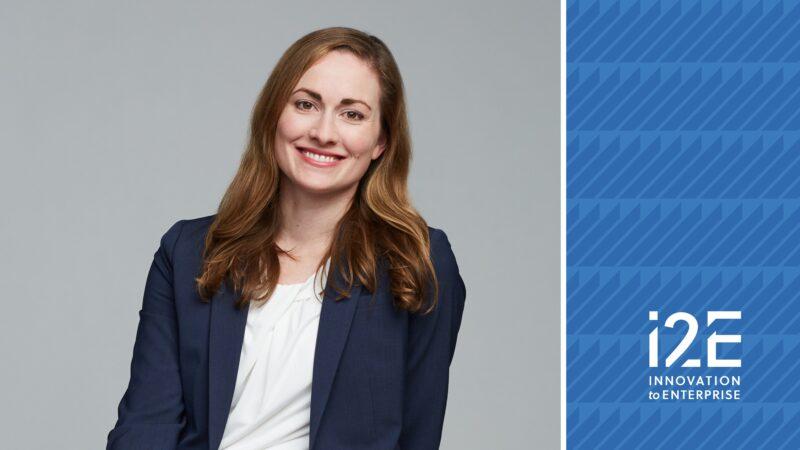By Jim Stafford
Copyright © 2013, The Oklahoma Publishing Company
Long before he enrolled as a Harvard undergraduate student out of a Baltimore high school, Paul L. DeAngelis knew what he wanted to pursue as a career. Not the work of a stock broker. Or athlete. Or an actor.
“I knew from grade school that I wanted to be a scientist,” DeAngelis said. “I always tried to figure out how things worked. How did they know things? I liked to do experiments, burn stuff up, catch and study critters, etc.”
Eventually, DeAngelis earned an undergraduate degree from Harvard in biochemical sciences, then a Ph.D. from the University of California-Irvine. While at Harvard he learned about glycobiology, or the science of carbohydrates.
Interest in what he calls “sugar science” eventually brought him to the University of Oklahoma, where today he is a presidential professor of biochemistry and molecular biology at the OU Health Sciences Center.
At OU, he discovered certain enzymes that are responsible for reactions that make essential carbohydrates in the human body. That knowledge led him to pursue commercial applications of the sweet science.
DeAngelis became a founding scientist of four Oklahoma City-based life science ventures: Hyalose, Heparinex, Choncept and Caisson Biotech.
Hyalose was the first, founded in 1999. It has two technologies for producing hyaluronic acid (HA), an important biomolecule for many health care and cosmetic applications. One was based on the groundbreaking work of DeAngelis and Paul H. Weigel, Ph.D., a George Lynn Cross Professor and chairman of the Department of Biochemistry and Molecular Biology at OU.
The initial Hyalose technology was licensed to the Danish biotech company, Novozymes AS. Now this HA is sold around the world as a surgical aid during cataract surgery or as an injectable gel for reducing knee pain. A second Hyalose technology uses HA crafted to precise specifications for use by researchers pursing new therapeutics to fight conditions such as inflammation and cancer by controlling cellular growth and behavior.
In the 14 years since Hyalose was founded, three other companies have spun out of DeAngelis’s OU laboratory. Each is based on methods for producing synthetic sugar molecules that could provider safer anticoagulants, new platforms for prosthetic organs and tissues, and more biocompatible drug delivery systems.
The newest company formed in 2009, Caisson Biotech, uses a natural sugar polymer to enhance the performance of currently marketed drugs in the body. The benefits are less frequent injections and fewer potential side effects.
DeAngelis continues to teach at OU and maintains an active research laboratory there. One of his former students, Breca Tracy, is now a managing director for Emergent Technologies, Inc., the largest investor in all of the DeAngelis companies.
Two of his former students, Wei Jing and Philip E. Pummill, are working for the DeAngelis companies at the Presbyterian Health Foundation Research Park to improve and implement his inventions.
“They are experts who helped in part to develop and invent the technology,” DeAngelis said. “And they wanted to stay in Oklahoma.”
“It’s nice to be able to say ‘here is something that you know, technology that is interesting and promising. You can stay here and work,’” he said. “If we didn’t have Research Park and the OK Bioscience Association, we wouldn’t have as many people working here in Oklahoma, for sure.”
Jim Stafford is a communications specialist with i2E, Inc. in Oklahoma City.








